CS 330: Deep Multi-Task and Meta Learning
Fall 2021, Class: Mon, Wed 11:30am-1:00pm, NVIDIA Auditorium
Description:
While deep learning has achieved remarkable success in supervised and reinforcement learning problems, such as image classification, speech recognition, and game playing, these models are, to a large degree, specialized for the single task they are trained for. This course will cover the setting where there are multiple tasks to be solved, and study how the structure arising from multiple tasks can be leveraged to learn more efficiently or effectively. This includes:
- goal-conditioned reinforcement learning techniques that leverage the structure of the provided goal space to learn many tasks significantly faster
- meta-learning methods that aim to learn efficient learning algorithms that can learn new tasks quickly
- curriculum and lifelong learning, where the problem requires learning a sequence of tasks, leveraging their shared structure to enable knowledge transfer
This is a graduate-level course. By the end of the course, students will be able to understand and implement the state-of-the-art multi-task learning and meta-learning algorithms and be ready to conduct research on these topics.
Format:
The course will include in-person lectures (also livestreamed and recorded over zoom), three
graded
homework
assignments, two optional homework assignments, and a course project. The lectures will
discuss the fundamentals of topics required for understanding and
designing multi-task and meta-learning algorithms in both supervised learning and
reinforcement learning domains. The assignments will focus on coding problems that emphasize
these fundamentals. Finally, students will present their projects at the poster session at
the end of the quarter.
Prerequisites:
CS 229 or an equivalent introductory machine learning course is required. CS 221 or an equivalent introductory artificial intelligence course is recommended but not required.
Lecture Videos:
If you are looking for publicly-available lecture videos from the Fall 2019 offering, they are here. Materials from the Fall 2019 offering are here and materials from the Fall 2020 offering are here. Lecture videos from this Fall 2021 offering will be processed and made publicly available after the course. For students enrolled in the course, recorded lecture videos will be posted to canvas after each lecture.
Staff

Amelie Byun
Course Coordinator

Rafael Rafailov
Head Teaching Assistant
OH: Thur 5:00-7:00pm
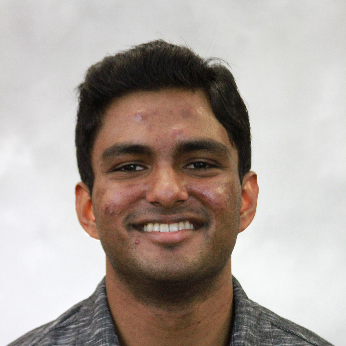
Dilip Arumugam
Teaching Assistant
OH: Fri 12:30-2:30pm
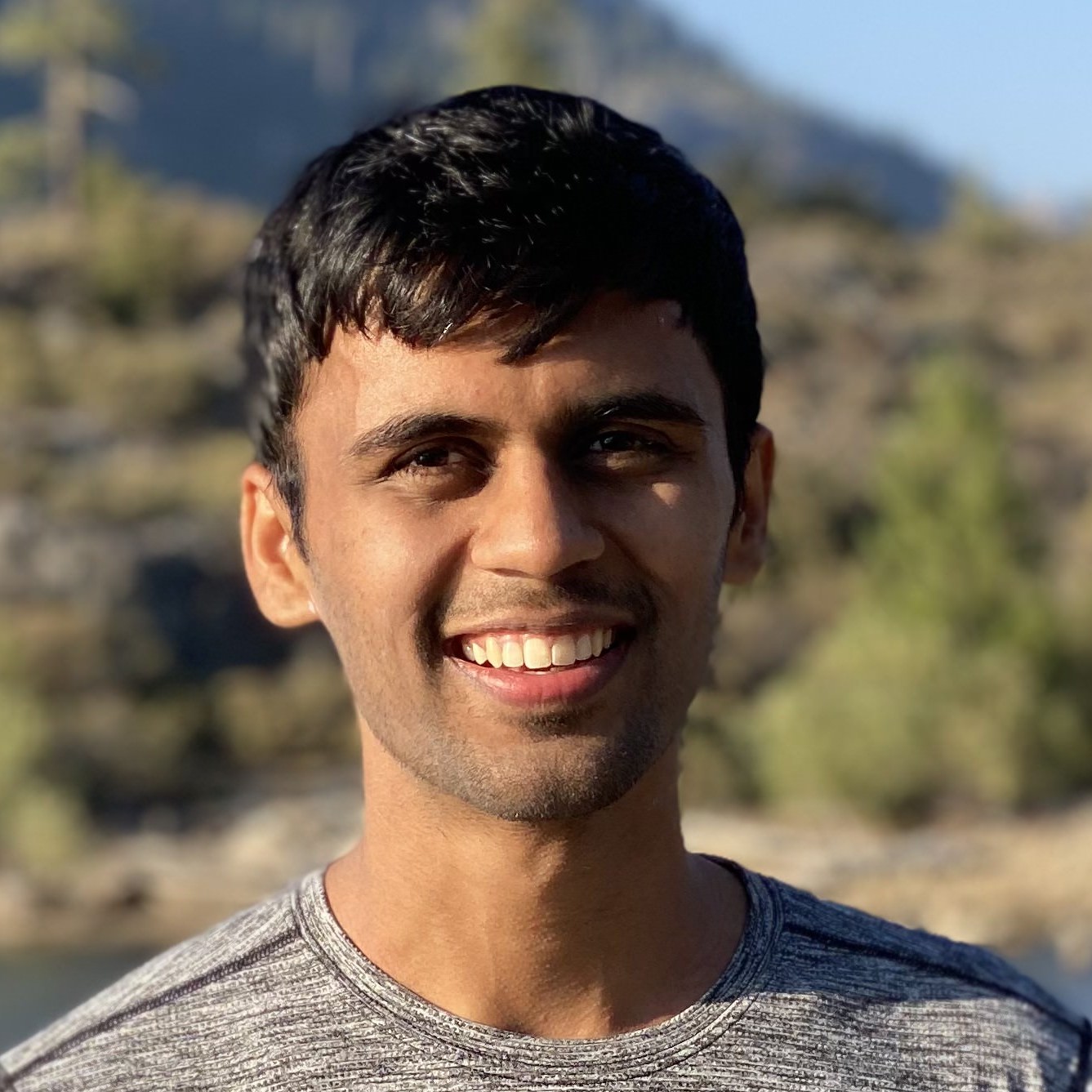
Archit Sharma
Teaching Assistant
OH: Thur 1:00-3:00pm

Evan Liu
Teaching Assistant
OH: Tue 3:00-5:00pm

Kevin Yu
Teaching Assistant
OH: Sun 3:00-5:00pm

Kyle Hsu
Teaching Assistant
OH: Tue 11:00am-1:00pm
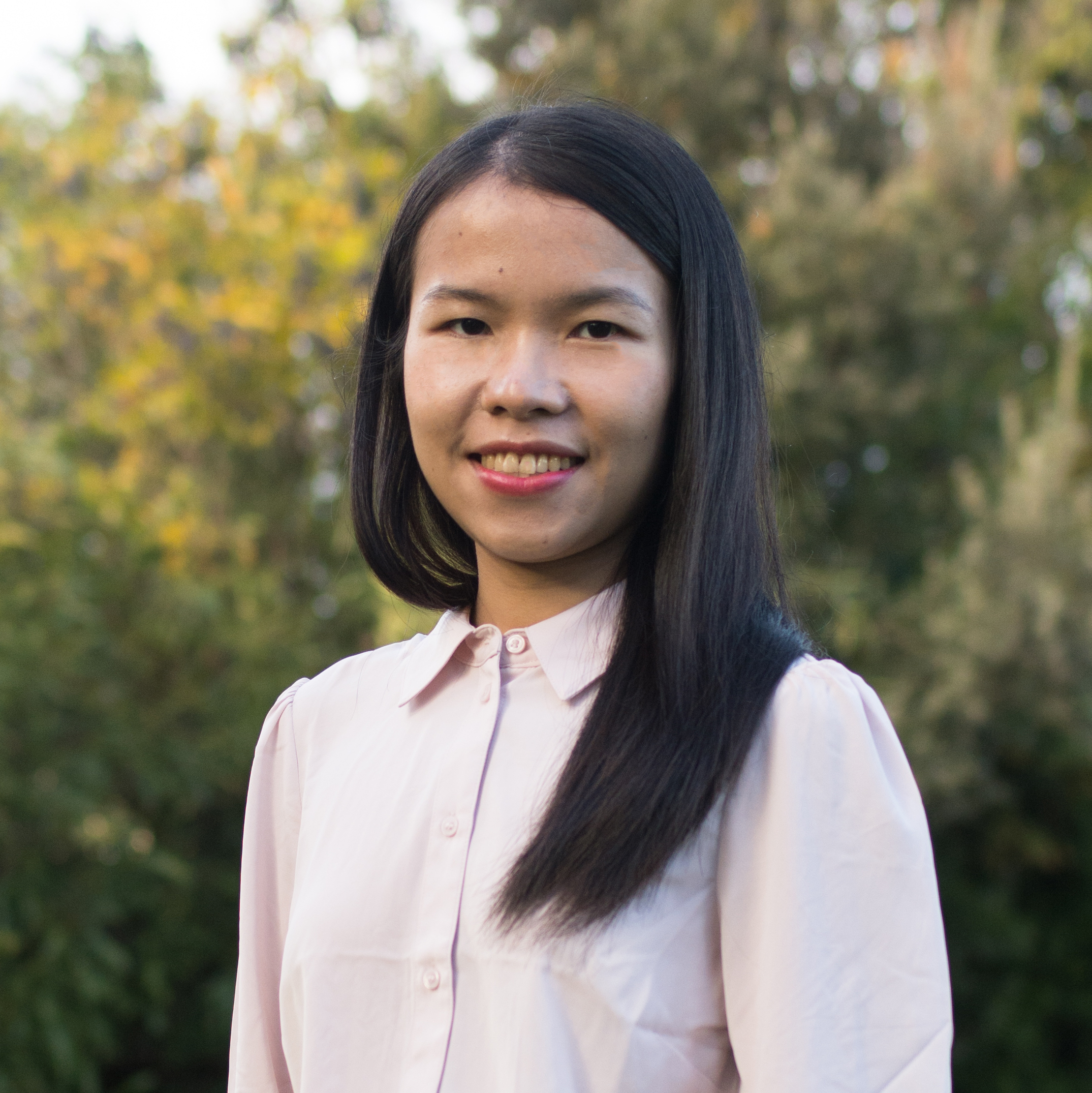
Siyi Tang
Teaching Assistant
OH: Mon 1:00-3:00pm
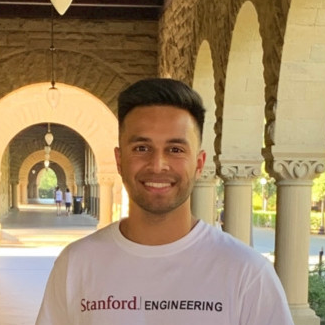
Kamil Ali
Teaching Assistant
OH: Sun 1:00-3:00pm
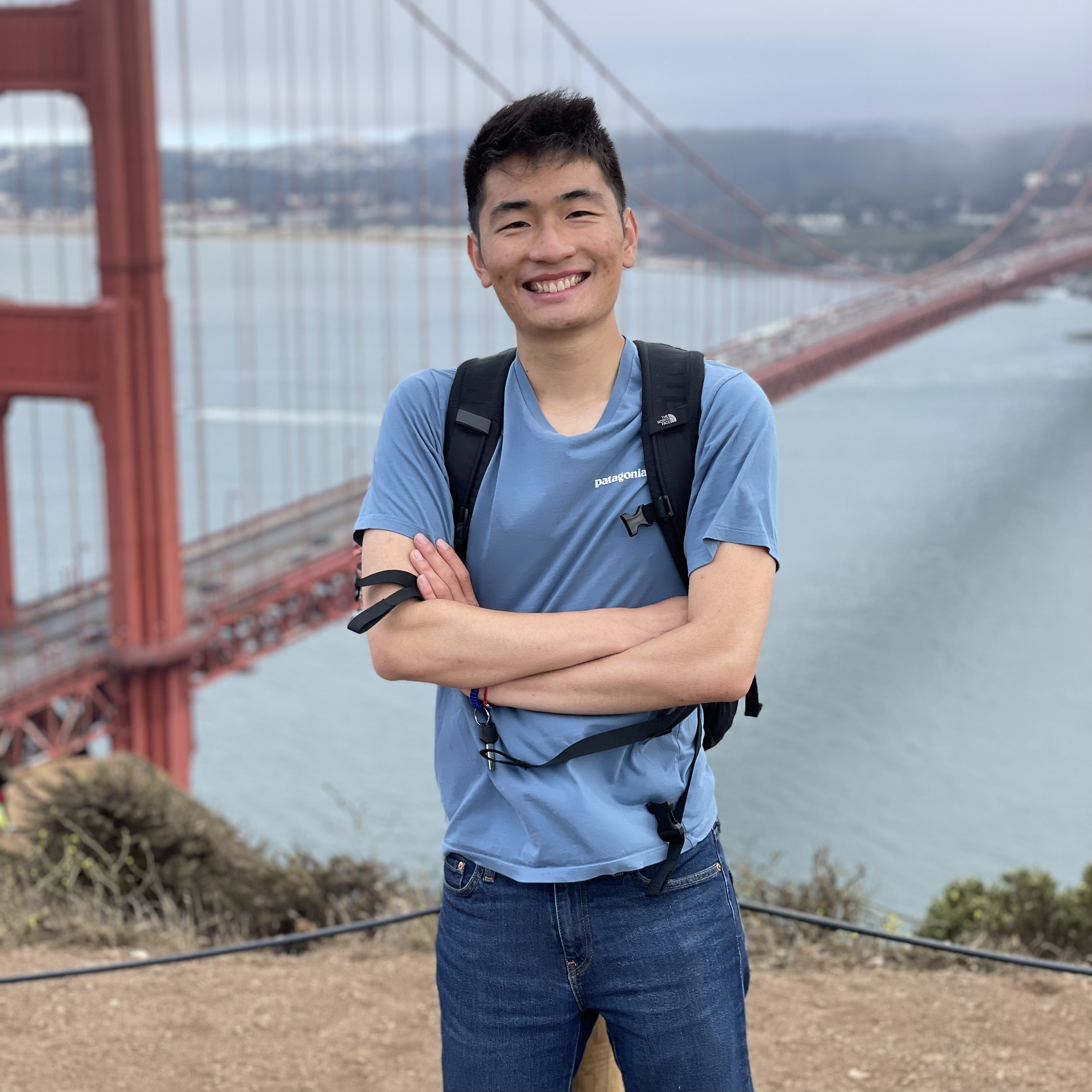
Edwin Pan
Teaching Assistant
OH: Sat 5:00-7:00pm
Timeline
Course Calendar
Course calendar with details of lectures, TA sessions, and office hours is available here.
Grading and Course Policies
Homeworks (15% each): There are three graded homework assignments (Homeworks 1-3), each worth 15% of the grade. Assignments will require training neural networks in PyTorch. Homework 0 is optional and is worth 2% extra grade. Homework 4 is optional and will either replace one prior homework grade or part of the project grade (whichever is better for grade). All assignments are due on Gradescope at 11:59 pm Pacific Time on the respective due date.
Project (55%): There's a research-level project of your choice. You may form groups of 1-3 students to complete the project, and you are encouraged to start early! Detailed guidelines on the project can be found here.
Late Days: You have 6 total late days across homeworks and project proposal submissions. You may use a maximum of 2 late days for any single assignment. Late days are not allowed for final project report.
Lecture Attendance: While we do not require lecture attendance, students are encouraged to join the live lecture. To accommodate various circumstances, we will be live-streaming the in-person lecture via a zoom link on canvas. Students joining the zoom live stream will be able to ask questions. For those who cannot join the live lectures, lecture recordings will also be available on Canvas shortly following the lecture.
Honor Code: Students are free to form study groups and may discuss homework in groups. However, each student must write down the solutions and code from scratch independently, and without referring to any written notes from the joint session. When debugging code together, you are only allowed to look at the input-output behavior of each other's programs and not the code itself. In other words, each student must understand the solution well enough in order to reconstruct it by him/herself. It is an honor code violation to copy, refer to, or look at written or code solutions from a previous year, including but not limited to: official solutions from a previous year, solutions posted online, and solutions you or someone else may have written up in a previous year. Furthermore, it is an honor code violation to post your assignment solutions online, such as on a public git repo. For more details about honor code, see The Stanford Honor Code and The Stanford Honor Code Pertaining to CS Courses.
Health and Safety Expectation (COVID-19 Protocols)
Following Stanford’s policies, everyone is required to wear a mask indoors, regardless of vaccination status. This includes any in-person lectures or office hour sessions. Some community members may have preferences that go beyond the requirements; it is important that we treat each others' preferences with respect and care. You can find the most current policies on campus masking requirements on the COVID-19 Health Alerts site.
Academic Accommodations
If you need an academic accommodation based on a disability, please register with the Office of Accessible Education (OAE). Professional staff will evaluate your needs, support appropriate and reasonable accommodations, and prepare an Academic Accommodation Letter for faculty. To get started, or to re-initiate services, please visit oae.stanford.edu. If you already have an Academic Accommodation Letter, please send your letter to cs330-aut2122-staff@lists.stanford.edu. OAE Letters should be sent to us at the earliest possible opportunity so that the course staff can partner with you and OAE to make the appropriate accommodations.
Note on Financial Aid
All students should retain receipts for books and other course-related expenses, as these may be qualified educational expenses for tax purposes. If you are an undergraduate receiving financial aid, you may be eligible for additional financial aid for required books and course materials if these expenses exceed the aid amount in your award letter. For more information, review your award letter or visit the Student Budget website.
© Chelsea Finn 2021

